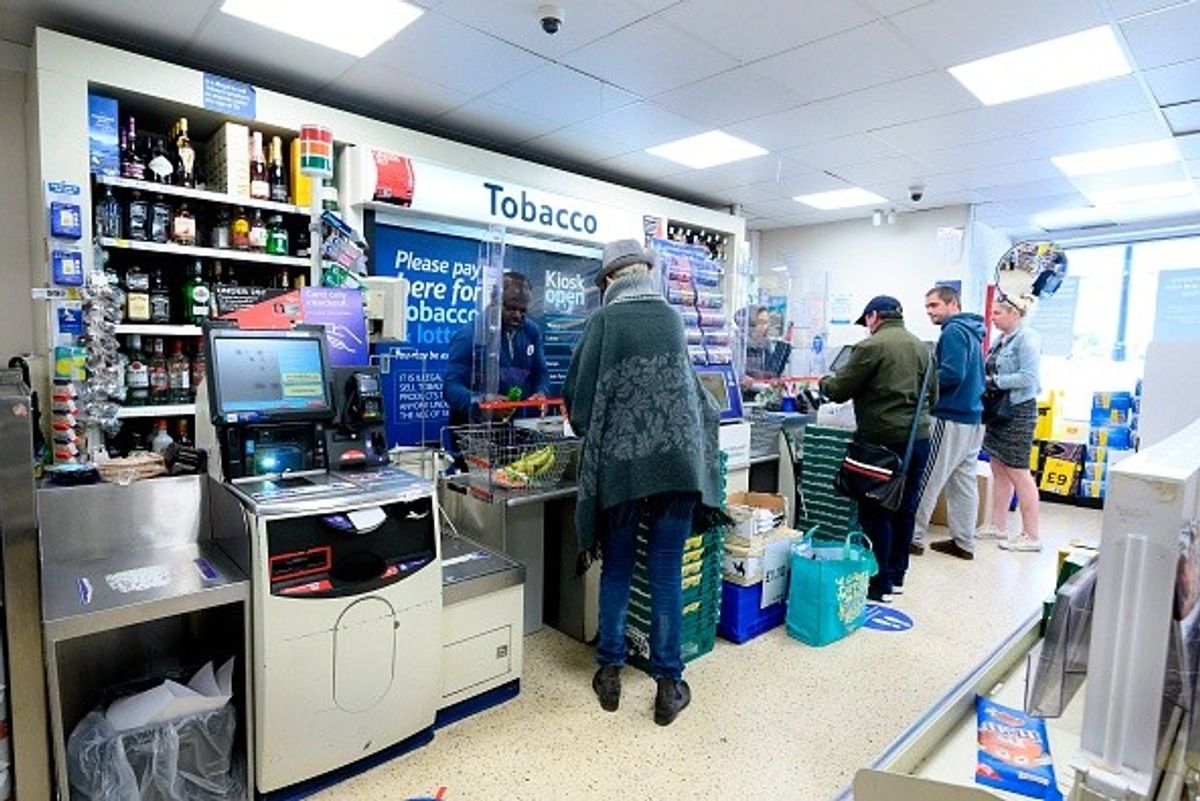Low-income retail workers are set to face a “perfect storm” this April with universal credit’s value depressing as taxes and energy bills rise, the Trades Union Congress (TUC) has warned.
According to TUC analysis, the number of workers on Universal Credit (UC) has risen by 130 percent or 1.3 million since the beginning of the Covid-19 pandemic.
The statistic means one in 14 (7.2 percent) of working adults claim UC, in part due to Covid-related financial hardship and the cost-of-living crisis.
Additionally, inflation has hit a three-decade high with Tesco’s chairman warning the “worst is yet to come” with its products facing a potential 5 percent hike.
Currently, the basic value of UC is lower than the start of the pandemic as the government has failed to keep up with inflation.
The TUC has estimated the value of UC has decreased by £12 a month in real terms when measured against CPI inflation and £21 a month when measured against RPI inflation – compared to February 2020.
“The government must do far more to help struggling families get through the tough times ahead. The support package announced by the Chancellor last week is woefully inadequate,” TUC General Secretary Frances O’Grady said.
“Universal credit urgently needs boosting and we need further action to reduce fuel costs for those battling to make ends meet.”
The news comes as the Living Wage Foundation revealed in December that 42 percent of supermarket workers earn below the living wage and that not a single UK supermarket was an accredited living wage employer.
The TUC has warned that parents of children, disabled workers, key workers and non-white workers are more likely to struggle to make ends meet.
Around 18 percent of families with young children, 21 percent of disabled workers and 14 percent of key workers said they’ll struggle to afford basics in the next six months.
Additionally, 14 percent of non-white workers said they’ll struggle to afford basics compared to 11 percent of white workers.
The TUC has urged the government to raise UC to at least 80 percent of the real Living Wage and to boost minimum wage to £10 an hour to help ease the upcoming “storm”.


